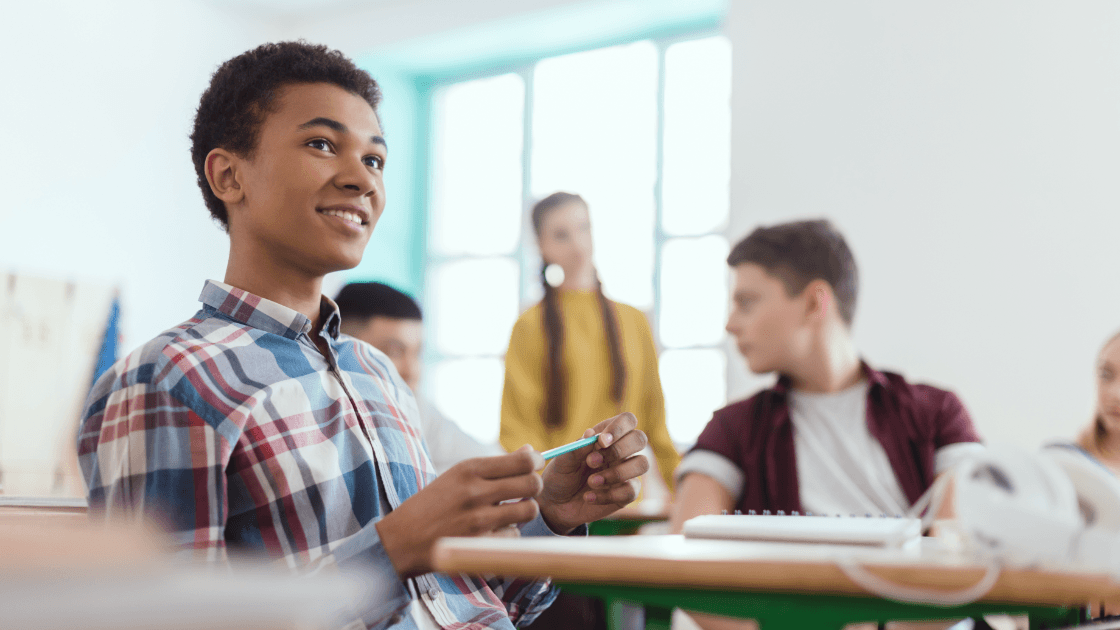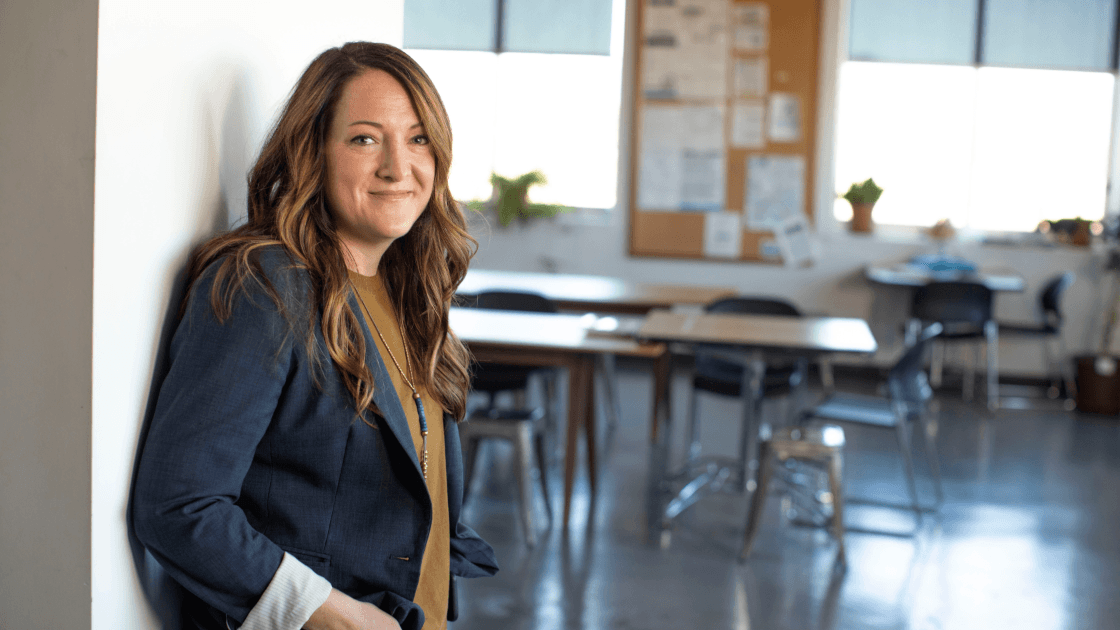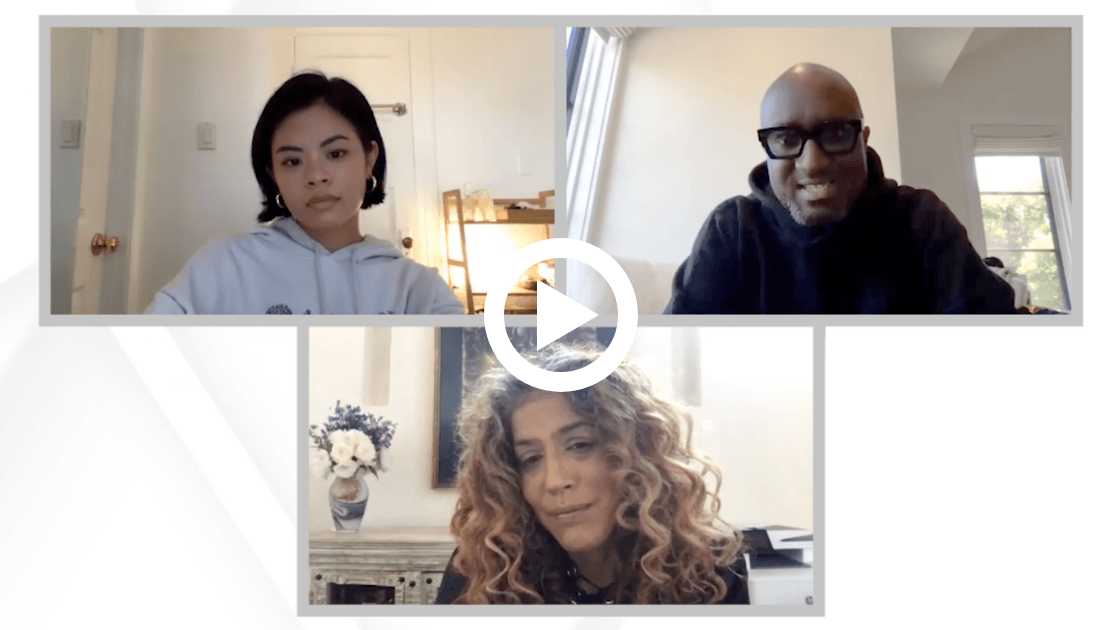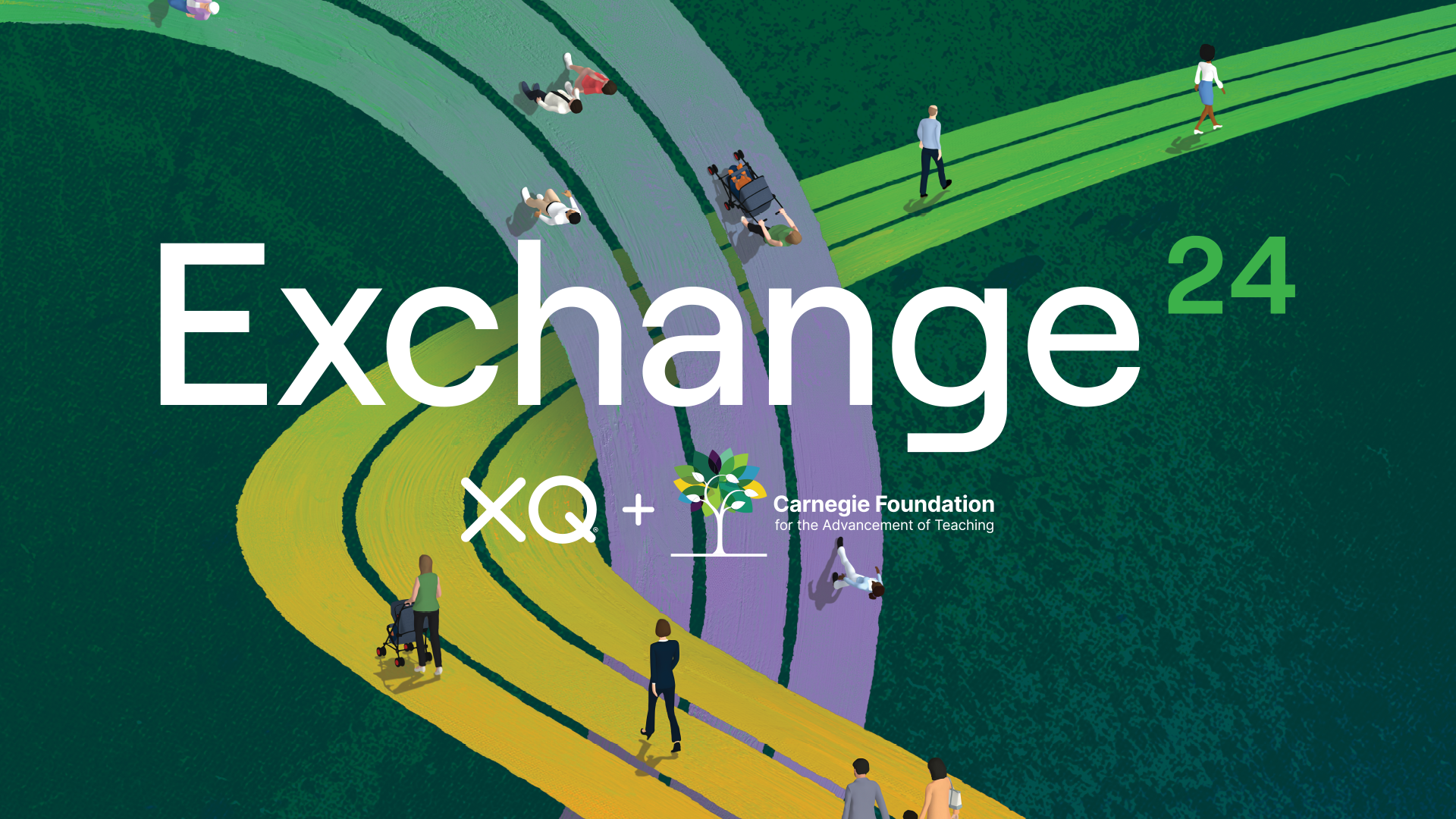5 Resources for Creating the Future After COVID-19
High School after COVID-19 will never look the same. Here's how we can build back better for all students.

One of the many lessons we have learned from the COVID-19 pandemic is that we must respond to a changing world with resilience and creativity. This is why one of our XQ learner goals is cultivating students who are learners for life—students who are self-driven, self-directed, and curious. This month we’re focusing on lifelong learning as our theme. Don’t miss our “Xtra from XQ” at the bottom of the issue for our exclusive interview with lifelong learner and visionary designer Virgil Abloh.
1. DEVELOP: The Mindset of a Lifelong Learner

Why it matters: As technology advances, new jobs will be created in all different sectors. To meet the employment demands of the future, we must rise to the challenge of continually learning the knowledge and skills to stay engaged.
Here’s how each of us can become a lifelong learner:
- Develop a growth mindset
- Take responsibility for your future
- Discover and follow your passion
- Aim for indispensability
- Step outside your comfort zone
Extra credit: The Mindset of a Lifelong Learner →
2. MODEL: How to Model Lifelong Learning

To help students on their journey of continuous improvement, leaders and educators must be readers, creators, and youth advocates.
Why it matters: Lifelong learning has become an expectation for staying both engaged and employed. To help our students succeed into the future, we must not only teach them lifelong learning skills, but practice them ourselves.
Here are some areas to focus on:
- Reading blogs, social media, and new education books
- Writing and publishing digital content
- Speaking and presenting in front of various audiences
- Being more student-oriented
Extra credit: How to model lifelong learning →
3. STRENGTHEN: How to Build Resilience to Fight for Systemic Change

When educators build their own resilience, they can continue teaching and create an environment for other educators to thrive in the profession.
Why it matters: Resilience is about building power and strength through adversity and challenges. This allows educators to focus on improving school culture, creating meaningful instruction, and working together.
The 12 ways teachers can build resilience are:
- Know yourself
- Acknowledge emotions
- Tell empowering stories
- Build community
- Be present and mindful
- Take care of yourself
- Focus on the positive
- Nurture compassion
- Learn from every challenge and hardship
- Play and be creative
- Accept change
- Show gratitude
Extra credit: 12 Ways Teachers Can Build Resilience So They Can Make Systemic Change →
4. STRATEGIZE: How to Use COVID-19 as a Teachable Moment

Educators across the country are using the COVID-19 pandemic as a lesson not just in science but in public health, health policy, and real world problems.
Why it matters: The pandemic gives us an opportunity to make real world connections to what we teach and learn in the classroom. Educators and students are watching the unique challenges of COVID-19 arise in real time. We have the chance to turn these challenges into valuable lessons.
High school science teachers Nikki Wallace and David Mascarelli shared how they’re using COVID-19 to teach their students. These lessons include:
- Understanding and solving the digital divide among students
- Helping students become self-directed learners
- Understanding the importance of science in developing public policies
- Brainstorming solutions to improve school post-COVID
Plus, they shared what they have learned and can improve on as educators:
- Creating content that is relevant and matters to students
- Spending time focusing on their own well-being and families
- Developing online teaching skills
Extra credit: Educator Strategies: Using COVID-19 as a Teachable Moment →
5. TRANSFORM: Creating a Stronger Education System Post-COVID-19

Amid COVID-19, the public has recognized how crucial schools are in society, creating an opportunity to leverage this newfound support and strengthen education.
Why it matters: The pandemic made it clear how important schools are in the economic, social, and political prosperity of countries around the world. Researchers presented the following emerging trends in global education for reflection:
- Need to address Educational inequality
- Innovations that could rapidly accelerate progress
- Increased public support and recognition of schools
- New education allies in the community
Researchers also propose the following actions to help education emerge stronger than before COVID-19:
- Put public schools at the center
- Focus on the instructional core
- Invest in and leverage education technology
- Foster strong relationships between teachers and families
- Evaluate and adapt new methods
Extra credit: Beyond reopening schools: How education can emerge stronger than before COVID-19 →
XQ X-TRA
XQ Sits Down With Virgil Abloh

Founder of Off-White and artistic director of Louis Vuitton, Virgil Abloh, sat down with XQ to talk about creating for the future.
Virgil shared our goal of creating students who are learners for life by emphasizing the value of curiosity and reminding us that success is not just about getting from point A to point B; it’s about everything you learn along the way.
“If I hadn’t spent so much time being curious about art and learning things not on my curriculum, I wouldn’t sit before you today.”
Check out the full interview to hear more of Virgil’s insights and advice! →









